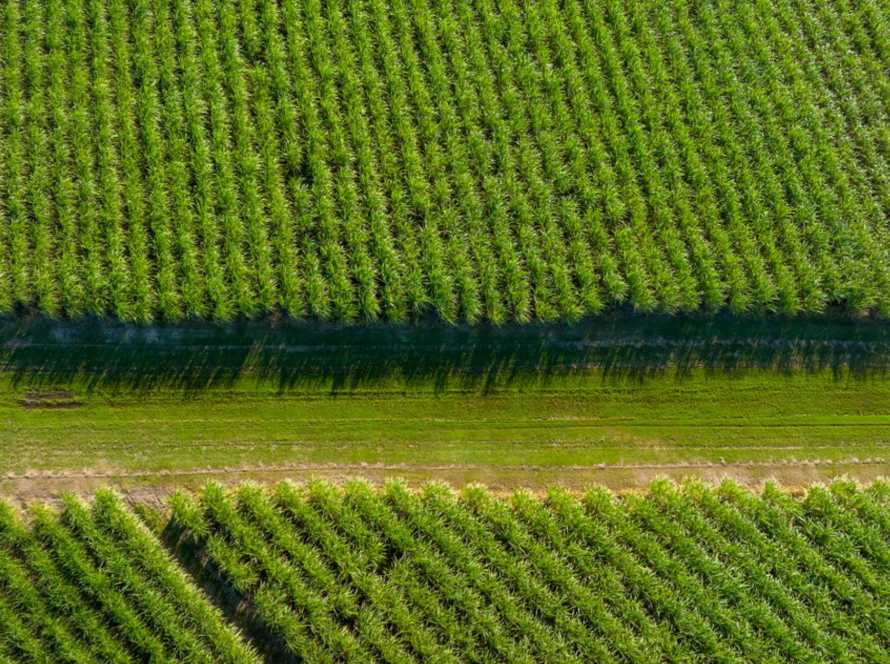Benjamin French, VIVE Senior Manager
Introduction to VIVE
The VIVE Programme is a leading sustainability initiative aimed at enhancing the social, environmental, and economic performance of agricultural supply chains. It offers a comprehensive framework for verifying and improving sustainability practices, ensuring that all participants adhere to stringent standards across various sectors. Additionally, it integrates commercial expertise to facilitate the movement of sustainable products from producers to end-users.
Continuous Evolution
To remain relevant and effective in the ever-changing landscape of sustainability and commodity markets, VIVE continually evolves. This is driven by market needs, stakeholder feedback, and emerging best practices. By staying ahead of the curve, VIVE
ensures that its participants not only comply with current regulations but also adopt innovative practices that position them as leaders in sustainability.
VIVE Regenerative Agriculture
VIVE aims to continue its commitment to holistic sustainability by integrating the latest research, market trends, and stakeholder insights. Regenerative agriculture is gaining traction for its benefits to soil health, biodiversity, and climate change mitigation. It can support both the environment and farmers by lowering input costs and boosting crop yields. Starting in 2025, the VIVE Farm Module assessment will also serve as a verification tool for the implementation of regenerative practices on any arable crop. Furthermore, through data collection via VIVE Climate Action, VIVE will provide supportive metrics to evaluate the success of Regenerative Agriculture practices. To maintain our comprehensive benchmarking approach, various criteria within the VIVE Farm Module have been benchmarked against the SAI Regenerative Agriculture Global Framework ‘Regenerating Together’ (September 2023) and have been integrated into VIVE Farm Module version 5.0. This does not imply an overhaul of the VIVE Farm Module; the criteria have consistently encompassed comprehensive coverage of regenerative practices. However, these practices are now explicitly highlighted, and upon request by VIVE participants or buyers, they can be verified.
What is Regenerative Agriculture?
Regenerative Agriculture encompasses a set of farming practices dedicated to restoring and enhancing the health and biodiversity of soil, ecosystems, and local communities. Unlike conventional agriculture, which often depletes soil health through practices such as monocropping and the heavy use of synthetic chemicals, regenerative agriculture
aims to improve the long-term vitality of the land. Key principles of regenerative agriculture include crop rotation, agroforestry, no-till farming, cover cropping, and the use of organic inputs to rebuild soil organic matter. The primary goals are to increase carbon sequestration, improve water retention, promote biodiversity, and reduce the carbon footprint of farming operations.
Case Study: Regenerative Agriculture Project Management
In June 2024, VIVE launched a three-year regenerative farming programme for sugarcane in Thailand – in collaboration with Suntory Holdings Limited and Kaset Thai International Sugar Corporation Public Co Ltd (KTIS). This programme will facilitate the implementation of low carbon farming interventions based on regenerative agricultural practices. Considering regional specificities in Thailand, several low carbon farming practices have been collaboratively identified from academic literature and the practical experience of farmers, KTIS agronomy teams, and VIVE carbon and sugarcane experts. These practices support potential GHG reductions on farms.
Conclusion
The forthcoming VIVE Farm Module assessment, commencing in 2025, will reinforce VIVE’s dedication to holistic sustainability by offering a comprehensive verification tool for regenerative practices. Through collaborative efforts and continuous improvement, VIVE ensures that its participants remain at the forefront of sustainable agriculture, fostering positive environmental and societal impacts




